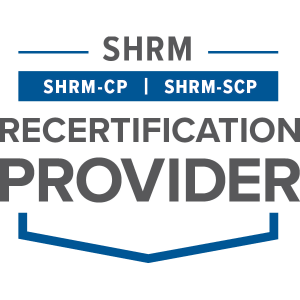Last year, the United States Supreme Court in Viking River decided, in part, that where a valid arbitration agreement existed, individual PAGA claims could be compelled to arbitration and the remaining representative PAGA claims could be dismissed for lack of standing. For the full background on Viking River, our blog article on that decision can be found here.
At the time, we predicted that this would not be the last we heard about PAGA standing because the U.S. Supreme Court left open the possibility that it misunderstood PAGA and that the California courts would have the last word on the subject. Now the California Supreme Court has weighed in on the scope of PAGA standing.
Last week, the California Supreme Court issued its decision in Adolph v. Uber Technologies, Inc. The Court, disagreeing with Viking River, found that PAGA plaintiffs retain standing to pursue representative claims on behalf of aggrieved employees in court, even when their individual claims have been compelled to arbitration. As the final arbiter of what PAGA requires, the California Supreme Court made it clear that PAGA standing “is not affected by enforcement of an agreement to adjudicate a plaintiff’s individual claim in another forum. Arbitrating a PAGA plaintiff’s individual claim does not nullify the fact of the violation or extinguish the plaintiff’s status as an aggrieved employee.”
Inc. The Court, disagreeing with Viking River, found that PAGA plaintiffs retain standing to pursue representative claims on behalf of aggrieved employees in court, even when their individual claims have been compelled to arbitration. As the final arbiter of what PAGA requires, the California Supreme Court made it clear that PAGA standing “is not affected by enforcement of an agreement to adjudicate a plaintiff’s individual claim in another forum. Arbitrating a PAGA plaintiff’s individual claim does not nullify the fact of the violation or extinguish the plaintiff’s status as an aggrieved employee.”









